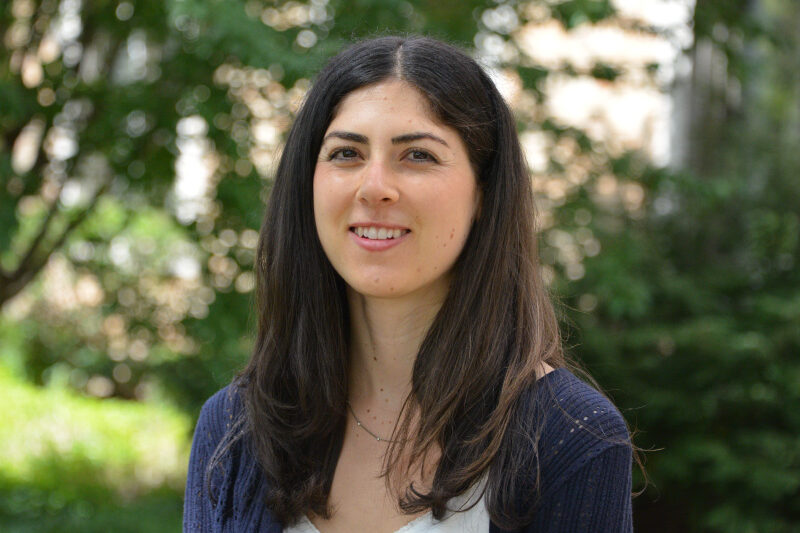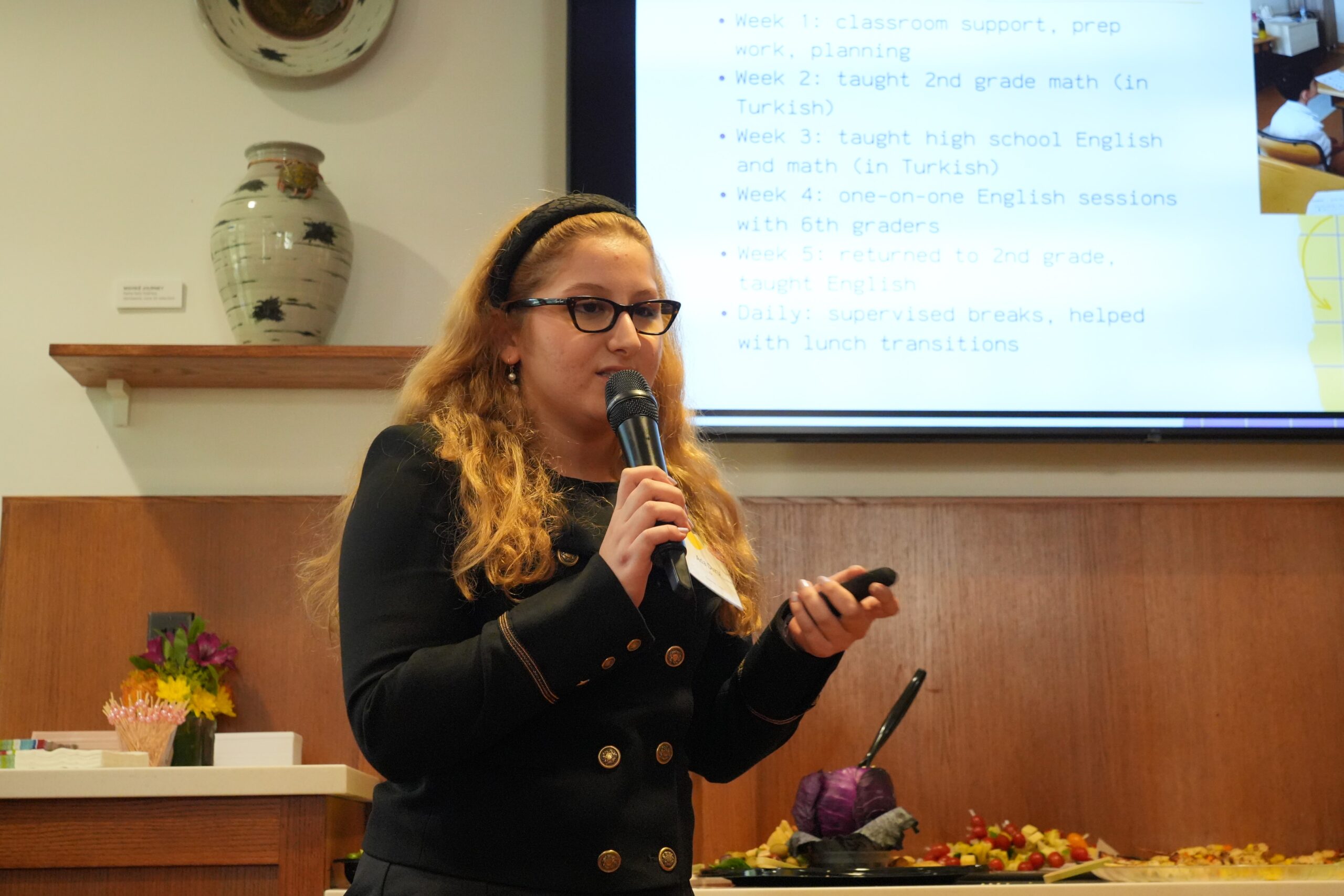“How do you prove you saved a life?”
Institute for Social Concerns takes on questions of gun violence
February 12, 2025
Dr. Donald Zimmer, emergency physician for Memorial Hospital and director of medical education for Beacon Health Systems, opened the Institute for Social Concerns’ first community-engaged conversation with a somber corrective, “I’m not on the front line, but on the back. In the emergency room, I see the back end. I’m the end of the line, seeing the end results and final destinations of systematic failures.” Zimmer was speaking about his relationship with an endemic injustice here in South Bend, gun violence.
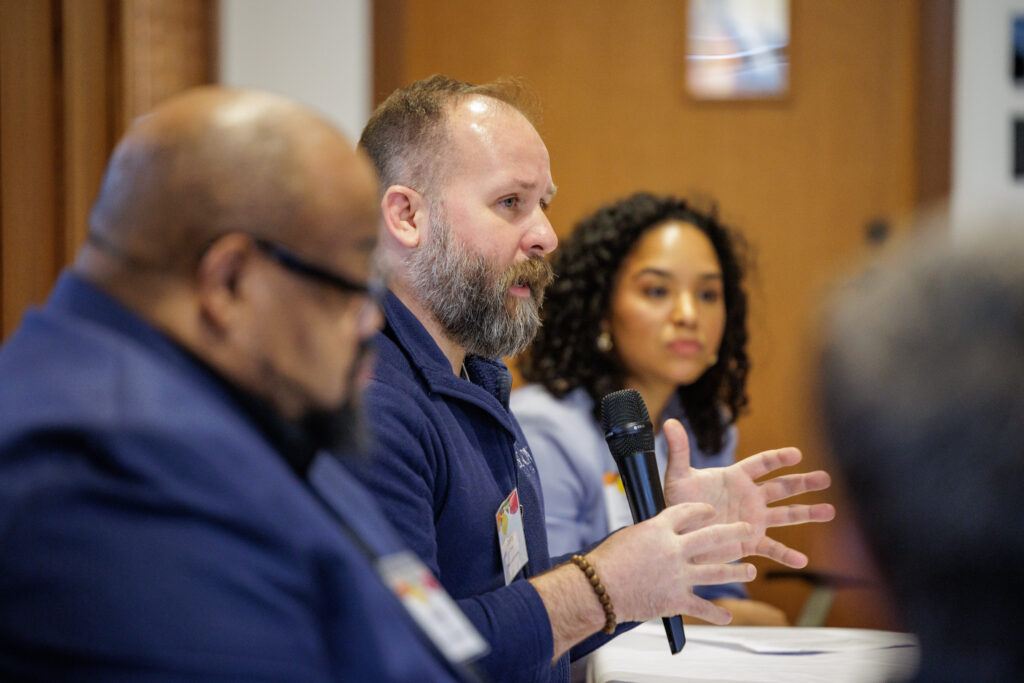
The South Bend: Questions of Justice series is a set of critical conversations hosted by the institute and organized by Regina Williams-Preston, community partnerships program director, and this semester, the first critical conversation focused on gun violence. The series brings together community members and Notre Dame faculty to ask: How am I invested in this problem? But also, What can our collaborative encounters reveal about pathways toward justice and peace? After all, at the institute, justice is an activity. It is a way of being in proximity, an encounter wherein we work together to establish the common good and enact a joyful world.
Taylor Nicoletti, assistant clinical professor of psychology at Notre Dame, moderated the afternoon’s conversation, foregrounding Zimmer’s reflections on attending to victims and perpetrators, both of whom are getting younger by the year. She began with a story: one in which her stepfather died in an encounter with a gun. It was an event that went on to affect the course of her personal and professional journey. Now Nicoletti studies the burden of gun violence, a burden that is both structural and personal, as well as trauma-informed services at Notre Dame. She also supports community partners, like Takisha Jacobs at Connect 2 Be The Change, where she helps to train violence-interrupters in trauma-informed moderation. Both Zimmer and Nicoletti are taking responsibility for the common good, using their gifts to respond to a society marred by gun violence. But they are not the only ones.
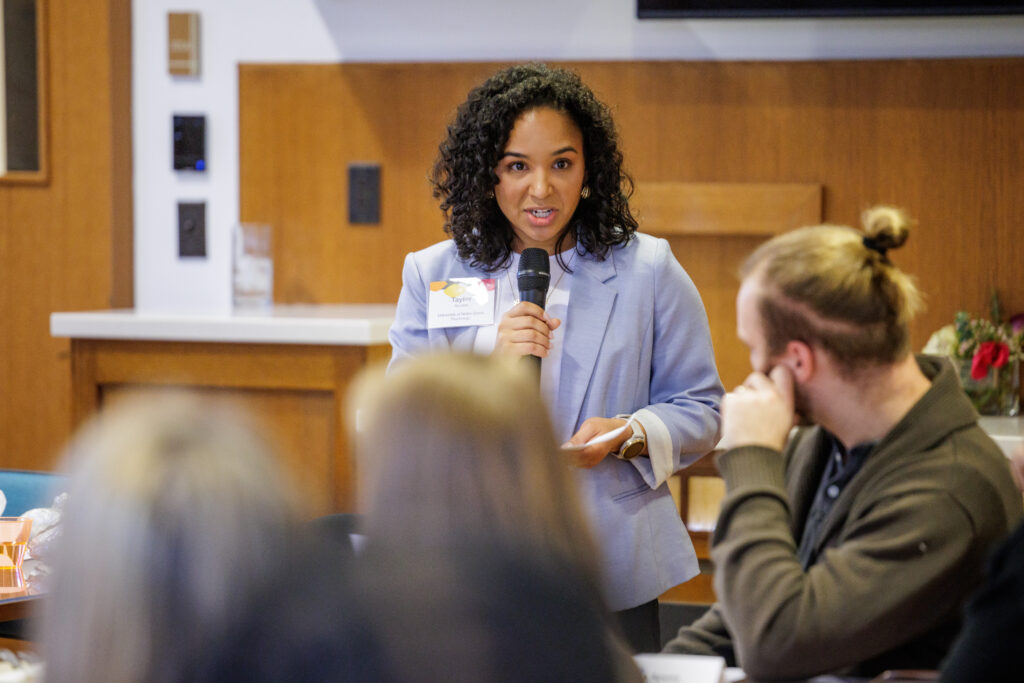
From the community, director of club experience at the Boys and Girls Club and former leader of SAVE (Stand Against Violence Everyday), Mychael Winston, spoke directly to the faculty in the room, asking: “How do you prove you saved a life?” After an audible silence—a silence wherein it felt as if everyone pondered the audacity of the question—he went on, “In my two years at SAVE, we operated on an evidence-based strategy that says when you combine law enforcement, outreach, and community violence interrupters, you can drive the numbers down. We did that at SAVE. But we were burned out. The response from officials was to question, ‘How do you prove you saved a life?’”
“So what’s important,” thundered Winston, “is that people who do the research, people who have the academic training, partner up with us to take some responsibility for this shared problem.”
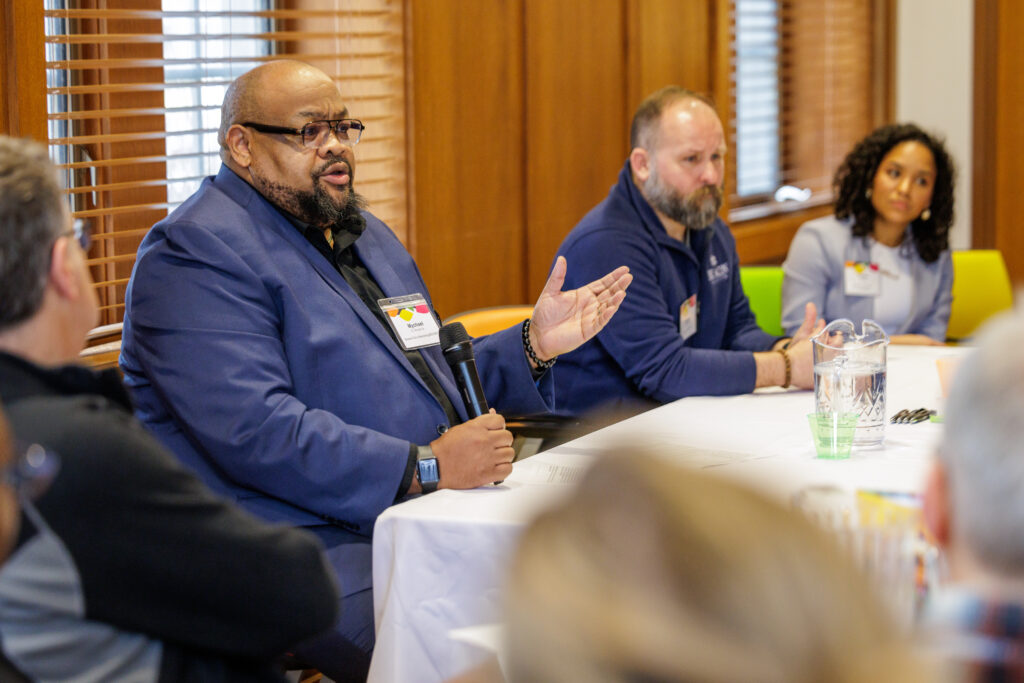
Further testimony was provided by Takisha Jacobs, co-founder of Connect 2 Be The Change, and some of the young men who work with her to create change. Jacobs recounted how her life was changed, first by her son’s death and then by learning about mental health. Knowing she had to do something to survive the loss of her son, she found herself in therapy.
“It changed the way I saw things,” said Jacobs. “It changed the way I felt about things. It changed me. I was thinking differently. And then I met a woman named Nancy Michael, a professor of neuroscience here at Notre Dame. She was so welcoming, and I started learning about the neuroscience of my behavior. I could finally see how my history of trauma connected to my actions.”
Jacobs shared her discoveries with her son’s friends, and now change-agents, “There was no way that I was going to let these young men be ignorant about this too. So that’s what we do at Connect 2 Be The Change: We teach about mental health and help members of the community learn a bit more about the embodied effects of trauma.”
All of the panelists—faculty and community alike—shared stories of life disrupted by gun violence. And though it doesn’t need to be said, let’s say it: These are the survivors. Data shared at the event paint a bleak picture. Indiana has the 13th-highest homicide rate in the country. Guns are the leading cause of death among children and teens, and black male teenagers are 25 percent more likely to die by gun violence. Far too many voices were absent from this conversation, chief among them the lives extinguished by the blast of a gun.
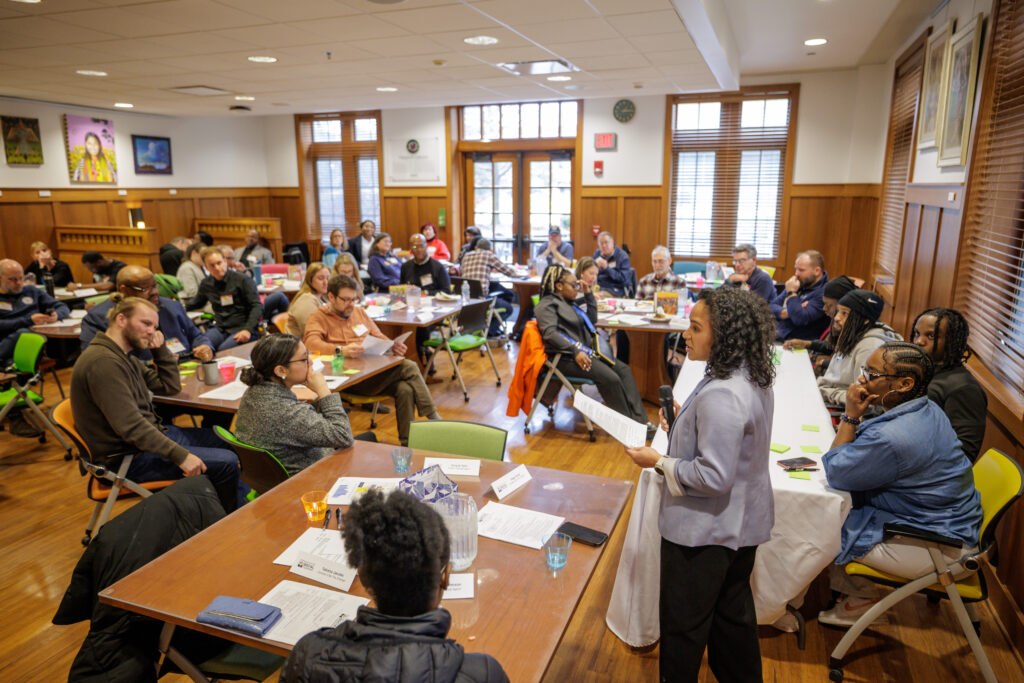
And yet there is hope, albeit of a different kind. The kind of hope you can feel in the wake of a gun or at the wake of a loved one is at once quiet and active. In her book In the Wake: On Blackness and Being, author Christina Sharpe elucidates the kind of hope that emerges in the wake: “For, if we are lucky, we live in the knowledge that the wake has positioned us as no-citizen. If we are lucky, the knowledge of this positioning avails us particular ways of re/seeing, re/inhabiting, and re/imagining the world.” As Sharpe eloquently explains, wakes can be hopeful insofar as they prime us to look again at how we contribute to making justice and joy.
As this semester’s first stop in this conversation about how we, Notre Dame and South Bend, can take responsibility for gun violence, glimmers of renewal—of re/seeing, re/inhabiting, and re/imagining—were everywhere. Though much good work is yet to unfold, conversations like these invite us into the wake and, thus, into the light.
As the institute’s team reflects on the continuance of this question, they also prepare to engage in two more community conversations. Next up is a conversation about food security moderated by Paul Winters, Keough-Hesburg Professor of Global Affairs, on February 28. The third conversation will take place on April 11; there Mark Berends, professor of sociology, will moderate a discussion on education.
Images by Peter Ringenberg Photography.
Related Stories
-
ReSearching for the Common Good: Solbee Kang
-
Bridging worlds through art—Kyla Walker joins institute as international poetry justice fellow
-
The power of encounter—RISE Hometown prepares incoming students for learning in service of justice at Notre Dame
-
The beauty of everyday democracy—Institute convenes scholars, practitioners, Luke Bretherton for democracy conference
-
Catalyzing collaborations with South Bend citizens for the common good—Institute launches South Bend Citizens Collaboratory


